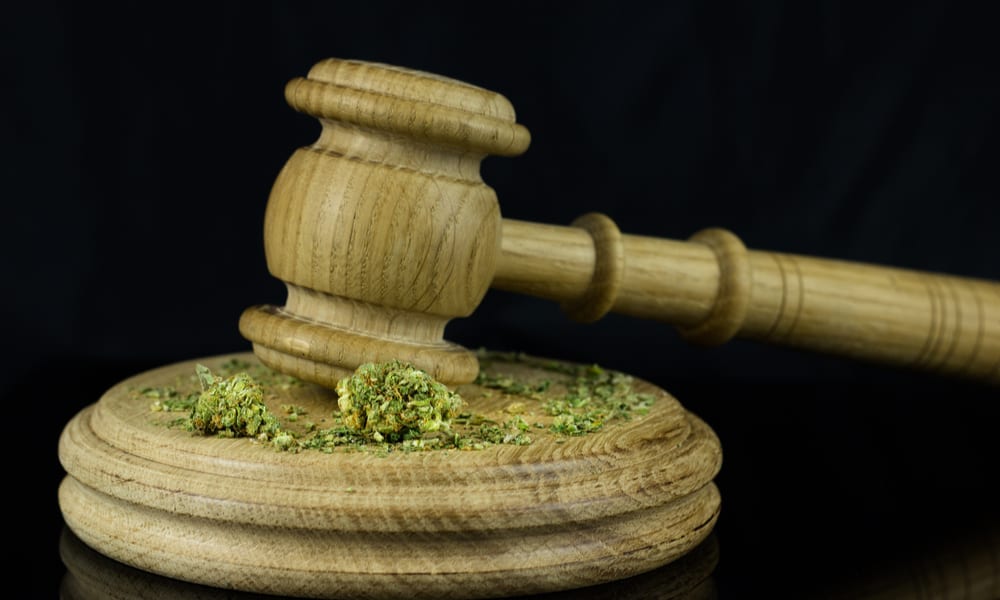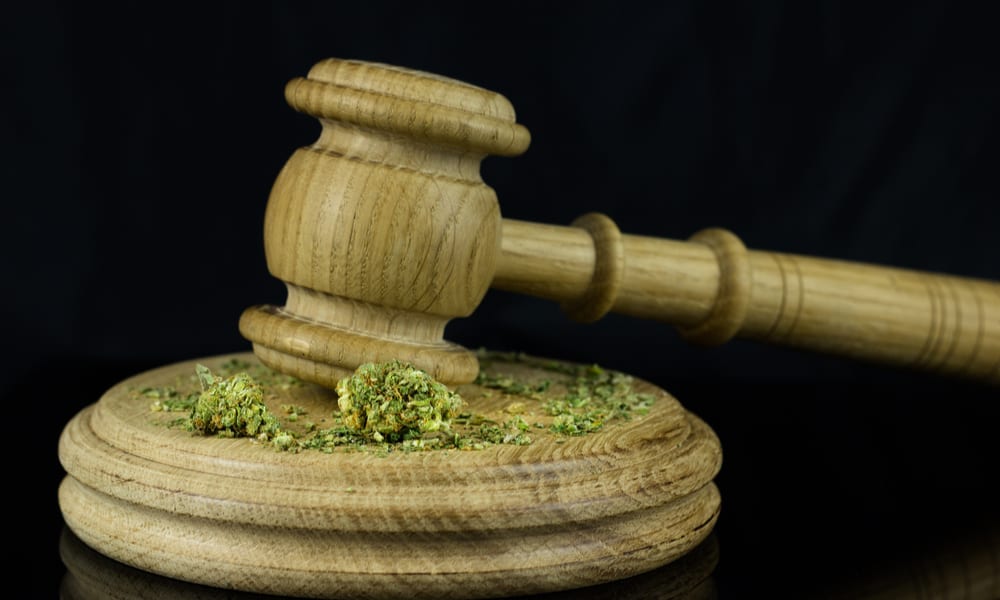
The capital of Kentucky, a state that lacks even a barebones medical marijuana program, has passed out of committee an ordinance regulating possession of small amounts of marijuana the lowest priority for law enforcement.
The public safety committee of Louisville’s metro council voted for an ordinance on Wednesday that redirects city police from pursuing small time marijuana possession. Notable exceptions to the ordinance include marijuana being sold, possessed by minors, used while driving, or related to violence.
“This is a pretty moderate law actually that’s intended to eliminate a large amount of unnecessary people going through the criminal justice system,” councilperson Brandon Coan told a local NBC affiliate.
“When you think about equity and justice, my personal opinion is that this should have happened a long time ago,” said councilperson Green.
State law defines possession of up to three ounces of marijuana a Class B misdemeanor, punishable with up to 45 days in jail. If you are caught more than once growing over five cannabis plants, you face five to 10 years in jail. That would still be the case, but under the ordinance Louisville police will no longer regard the apprehension and prosecution of such offenders a high priority.
Gubernatorial candidate Adam Edelen has also advocated for a decriminalization plan for cannabis. “We need modern laws that reflect our modern world and that means that no one should be held in jail for weeks or be forced into a criminal justice system that limits their potential just for having a small bag of marijuana,” he wrote in a press release detailing his support for the issue.
“Prosecuting individuals for possessing small amounts of marijuana does little to deter drug abuse but does increase the number of people negatively affected by criminal records,” reads the ordinance.
There has been no small amount of debate over the issue of cannabis regulation in Kentucky. There is a considerable number of voices in the state who are concerned that marijuana is a “gateway” drug, and that measures such as that of Louisville could create a domino effect that leads to addiction and heightened crime rates.
The sole dissenting voice on the Metro Council committee against the decriminalization ordinance was Mark Fox, who once served as police major. “I think this ordinance puts a cloud of the unknown for both the police officers and our citizens,” he said, adding that he supports marijuana legalization, but that he doesn’t think that this is the workaround that Kentucky should take when it comes to rewriting the rules on the book.
But cannabis related offenses are not a small budget line in the state. Last year, more than 11,000 people were convicted of marijuana possession in Kentucky, with Black residents being six times more likely to be arrested compared to the white population.
Though Kentucky currently has no legal form of marijuana, there is a bill that is in its second reading in the house judiciary committee that would establish a medical marijuana program.
“There seems to be this growing national awareness that there is some sort of a benefit, a medical benefit, in certain forms of treatment from this drug,” commented former House Speaker Greg Stumbo. “Kentucky needs to be ready to move forward with a responsible piece of legislation.”











